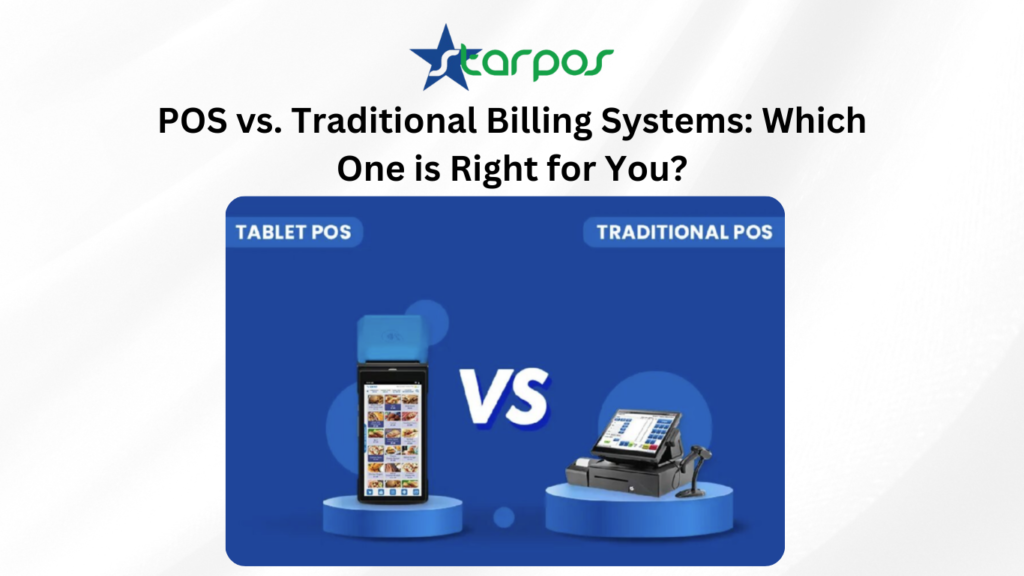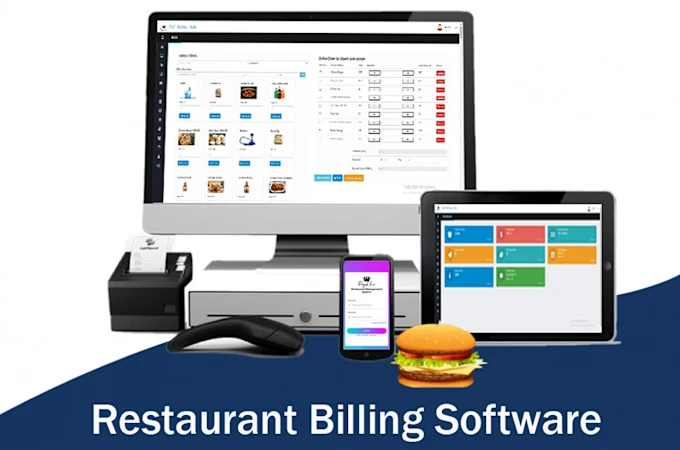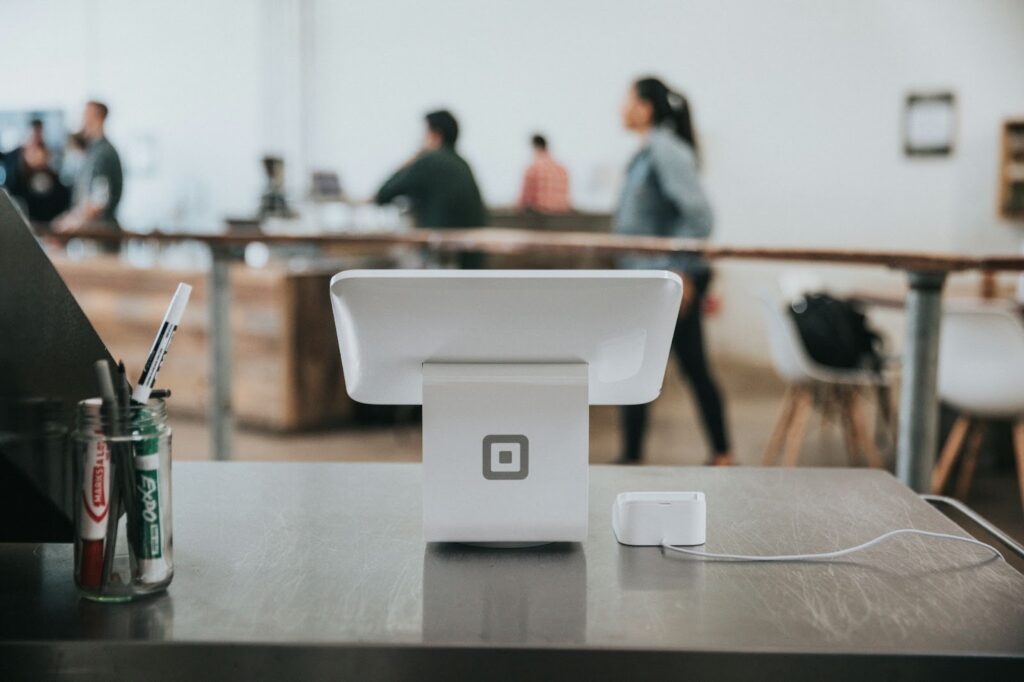
In today’s fast-paced business world, choosing the right billing system can make or break your operations. Whether you run a small retail shop, a restaurant, or a large enterprise, selecting between a Point of Sale (POS) system and a traditional billing system is crucial. But which one is the right fit for your business?
In this blog, we’ll compare POS systems and traditional billing systems, their advantages, and which businesses benefit most from each.
What is a Traditional Billing System?
A traditional billing system refers to manual or semi-automated billing methods, such as handwritten invoices, printed receipts from standalone billing software, and cash register transactions. These systems have been around for decades and are still used by many small businesses.
Advantages of Traditional Billing Systems:
- Low Initial Cost: Requires minimal investment as it can be managed with a simple register and printed invoices.
- Easy to Use: No complex software or technical knowledge required.
- Reliability: Works without an internet connection, ensuring uninterrupted operations.
Disadvantages of Traditional Billing Systems:
- Time-Consuming: Manual data entry leads to slower transactions.
- Prone to Errors: Higher chances of miscalculations and incorrect entries.
- Limited Reporting: Lacks real-time data analysis, sales tracking, and inventory management.
- No Integration: Cannot sync with online platforms, payment gateways, or modern business applications.
What is a POS System?
A Point of Sale (POS) system is a modern digital solution that automates billing, inventory management, and customer interactions. POS systems can be cloud-based or locally installed and offer a variety of advanced features.
Advantages of POS Systems:
- Faster Transactions: Scanners, digital invoices, and automated tax calculations speed up the checkout process.
- Inventory Management: Tracks stock levels in real time and sends alerts for low inventory.
- Integrated Payments: Accepts various payment methods, including credit/debit cards, digital wallets, and UPI.
- Data & Analytics: Provides insights into sales trends, customer behavior, and business performance.
- Employee Management: Tracks staff shifts, performance, and permissions.
- Multi-Channel Integration: Connects with e-commerce platforms, accounting software, and CRM tools.
Disadvantages of POS Systems:
- Higher Initial Cost: Hardware, software, and subscription fees can be expensive.
- Internet Dependency: Some cloud-based POS systems require an active internet connection.
- Learning Curve: Employees may require training to use the software effectively.
POS vs. Traditional Billing: Which One is Right for You?
Choosing the right billing system depends on your business type and needs. Let’s break it down:
| Feature | Traditional Billing System | POS System |
|---|---|---|
| Speed & Efficiency | Slower manual processing | Fast and automated |
| Cost | Low initial cost | Higher initial cost, but long-term benefits |
| Inventory Management | No automated tracking | Real-time stock management |
| Reporting & Analytics | Minimal | Advanced reports & insights |
| Integration | Limited | Syncs with multiple platforms |
| Payment Flexibility | Mostly cash | Accepts digital & card payments |
| User-Friendly | Easy, but labor-intensive | Requires training but efficient |
When to Choose a Traditional Billing System:
- If you run a small business with low transaction volume.
- If your budget is limited and you don’t require advanced features.
- If your operations are simple and do not require digital integrations.
When to Choose a POS System:
- If you operate a retail store, restaurant, or business with high transaction volumes.
- If you want to track inventory, sales, and employee performance efficiently.
- If you need multi-channel sales integration (physical store + online store).
- If you want to enhance customer experience with faster checkouts and flexible payments.
Conclusion
Both traditional billing systems and POS systems have their own advantages. While traditional billing may work for small businesses with minimal requirements, POS systems are the future of retail and hospitality. Investing in a POS system can streamline your operations, improve customer experience, and boost profitability in the long run.
Are you looking for a powerful POS system for your business? Contact us today to learn more about how our POS solutions can help you grow!


